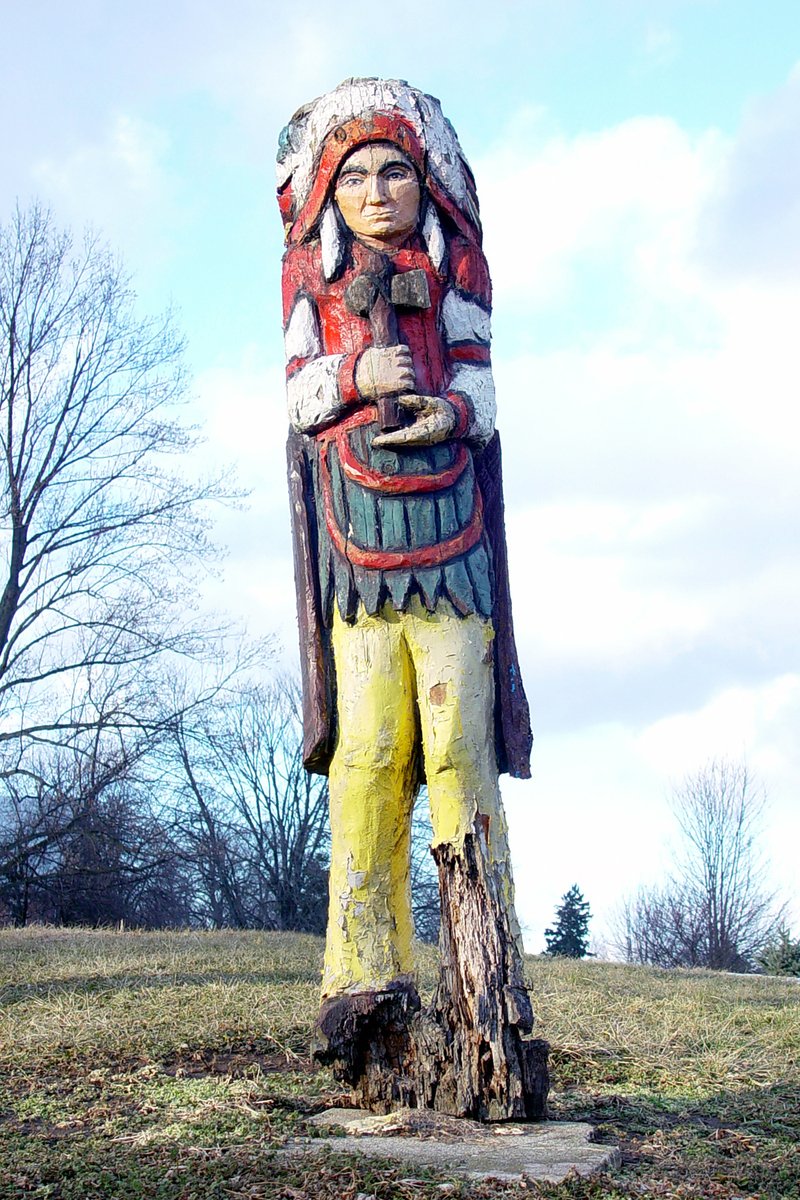

"St. Regis Mohawk Tribe, along with Allergan, came up with what many people online have dubbed a "scam"; for daring to point this out the perpetrators send me threats by E-mail and also threats to my door (using special couriers)."24 hours ago Patent Docs, which had promoted this "scam" many times before, advertised this event of Kirkland & Ellis LLP. The Intellectual Property Law Association of Chicago (IPLAC) will have one of those stacked 'panels' on the patent "scam" which is misusing tribes to avoid being held to justice.
Watchtroll has also just promoted -- yet again -- this patent "scam" of Mohawks and Allergan, basically seeking to dodge the law so as to avoid PTAB. Here is how Watchtroll put it:
On April 18th, counsel representing the St. Regis Mohawk Tribe and the multinational pharmaceutical firm Allergan filed an appeal brief at the Court of Appeals for the Federal Circuit. The appellants are appealing from a series of inter partes review (IPR) proceedings at the Patent Trial and Appeal Board (PTAB) where the Board made the controversial decision to deny motions to dismiss the IPRs on a sovereign immunity defense raised by the St. Regis tribe. On appeal, St. Regis and Allergan asks the Federal Circuit to determine whether the PTAB erred either in holding that tribal immunity does not apply to IPR proceedings and in deciding that Allergan was the “effective patent owner,” enabling the IPRs to proceed in the St. Regis tribe’s absence even if tribal immunity applied.
[...]
Even if the PTAB were to correctly identify Allergan as an “effective owner” of the patents, appellants argue that the Board still should have dismissed the IPRs on the sovereign immunity defense as the tribe is an indispensable party to the proceedings. By refusing to do so, the PTAB acted against precedent set by the Supreme Court in 2008’s Republic of the Philippines v. Pimentel, where the Court found that the case may not proceed “when a required-entity sovereign is not amenable to a suit.” The PTAB further failed to follow the reasoning stemming from the Federal Circuit’s 2010 decision in A123 Systems v. Hydro-Quebec, where the Federal Circuit found that proceeding without a sovereign posed a significant risk of prejudice as the sovereign could have lost rights without the opportunity to defend its interests.
A case in point can be found in Allergan’s “second wave” of Restasis patents, which were obtained by the drug company late in the term of the original Restasis patents that expired in 2014—and which sought to effectively extend this term by nearly a decade. These second-wave patents include U.S Patent No. 8,629,111 (“the ‘111 patent”), which was asserted along with several others against three generic drug companies in the Eastern District of Texas, and which Judge Bryson of the Federal Circuit, sitting by designation, found invalid last October.
"If Allergan is so confident that its patents are worth the paper they've been given by the patent office, then it won't see need in spending about 10 million dollars for some US-based tribe to participate in a "scam" (arranged through dodgy shells)."There's a reason why limits on patent scope are necessary. The most important question is, where or why should we put limits on patents? There must be limits, based on economic/scientific evidence. Otherwise patents won't be worth the paper they're printed on. Writing about Eli Lilly v Actavis a few days ago, IP Kat published this post regarding "the Scope of Patent Protection" in Singapore.
If Allergan is so confident that its patents are worth the paper they've been given by the patent office, then it won't see need in spending about 10 million dollars for some US-based tribe to participate in a "scam" (arranged through dodgy shells). ⬆